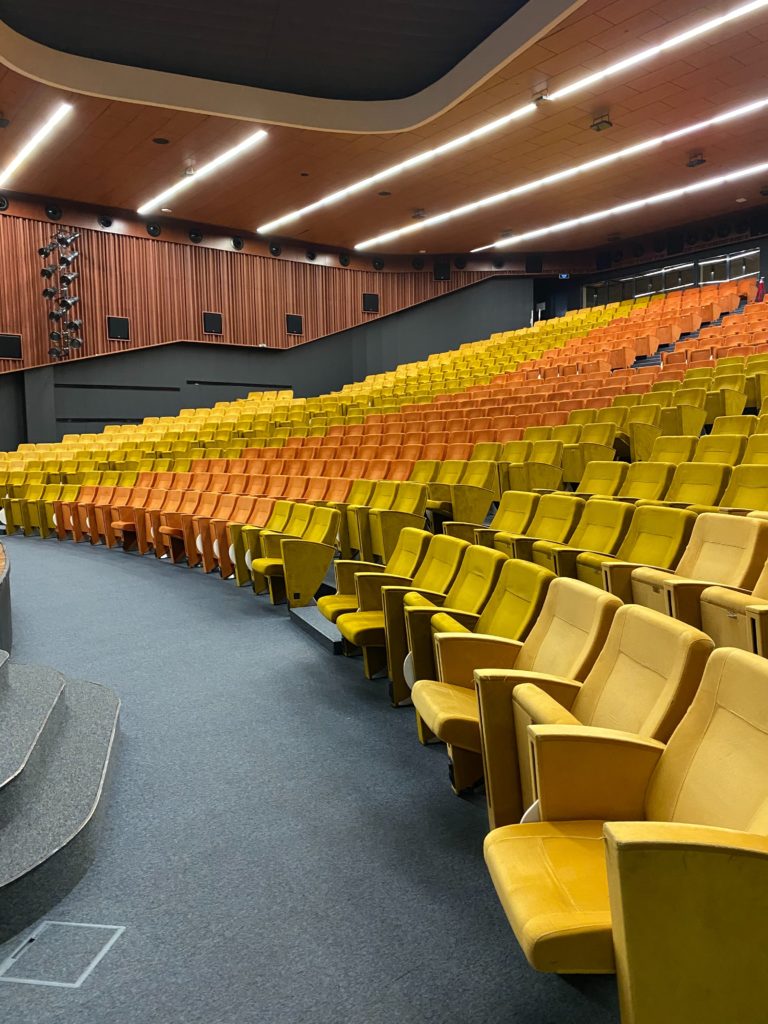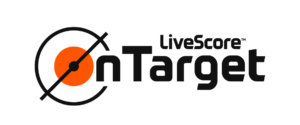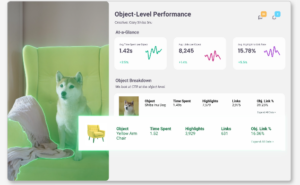As Coronavirus sees industry events of all sizes postponed or cancelled, NDA has been talking to experts across the industry to discover how digital technology can help.
The Switch VP Marketing, Kevin O’Meara
Live press events, product launches, corporate announcements, customer conferences and other largescale, business-critical face-to-face activities cannot wait indefinitely — so finding effective and professional digital alternatives is essential.
In most cases, a webinar with a basic set-up won’t have the desired impact. This makes it crucial to find fresh approaches that enable companies to stand out, such as using a studio or creating a professional production environment in another location.
We are working with businesses facing these issues to find ways of ‘broadcasting’ to their audiences in a way that elevates the virtual event beyond talking heads in a poorly- lit meeting room. Companies of all sizes and budgets are able to create the impact and gravitas of a top-calibre live business event by leaning on our two decades of live production experience and, in many instances, employing our studios in London, New York or Los Angeles to communicate to markets across the world.
They can minimize the number of people who need to travel while we provide a safe environment for them to connect with the people they need to reach and to more effectively bring home the messages that drive their business.
Paul Clark, Senior Vice President, EMEA MD, Poly
As an attendee or speaker you need have the right technology to maximize the virtual conference environment. Headsets with Active Noise Cancelling (ANC) technology block out background noise so attendees or speakers can stay focused and immerse themselves in the conference. Good quality headsets will also ensure that the users’ voices can be heard with perfect clarity, making sure their contributions come across loud and clear to other participants (without any background noise).
Portable Bluetooth speakerphones feature omnidirectional, 360-degree microphones, so speakers sound great from all angles, and have the freedom to move about the room as they speak with a 10ft range. Echo cancellation means conversation flows naturally and prevents awkward latency and interruptions that can derail an important presentation.
Business-grade USB video bars and compact cameras ensure speakers are seen and heard clearly. Features such as HD, 4 x zoom, backlight compensation, speaker tracking and autofocus ensure accurate, sharp, life-like images. As much as 80% of communication consists of non-verbal and visual cues such as body language and facial expressions, so don’t compromise — a low-quality camera will make images appear grainy to other attendees and they will look particularly bad on larger screens.”
Jason Anderson, Digital Director of brand experience agency Avantgarde London
With the recent Coronavirus outbreak causing worldwide event cancellations, it’s important the industry doesn’t lose faith. We can adapt to the circumstances and continue delivering events where possible.
And in order to minimise the risk of the virus spreading further, we can pivot to digital-only events as an alternative route to market. Not only does this route evade the cancellation risk, but it also provides access to a wider audience, detailed tracking and the ability to change content depending on audience reactions.
Digital experiences are always part of our solutions to clients and we’re now in position to dial this up to meet the changing needs of audiences and clients alike.
Jonathan Phillips, Head of Consulting at London-based simplycommunicate
Impressive improvements in the hardware (such as cameras and directional microphones); in software which blurs backgrounds so other attendees can’t see the mess in your home office; and in network speeds have made digital conferencing a viable alternative to the physical meeting.
With companies employing more remote workers, or reacting to the coronavirus, we fully expect to see more teams, departments and whole companies adopt these technologies. But practical, efficient use requires more than just the technology itself.
What’s are the rules of engagement? If we’re all working from home, are we always available? Do we need to dress according to the office protocols? Is it video on, or video off? These are just some of the new cultural considerations that businesses will need to address”.








